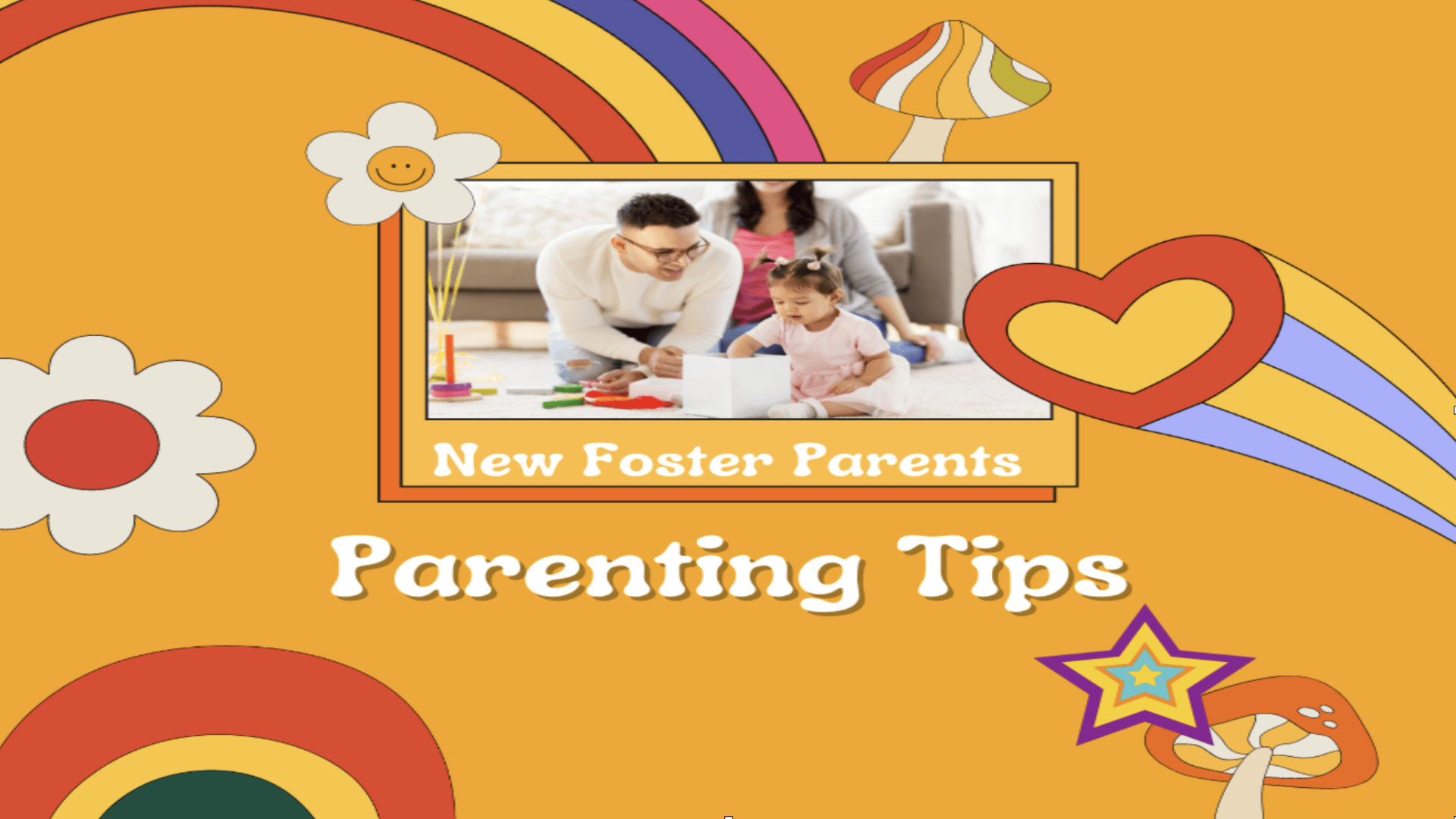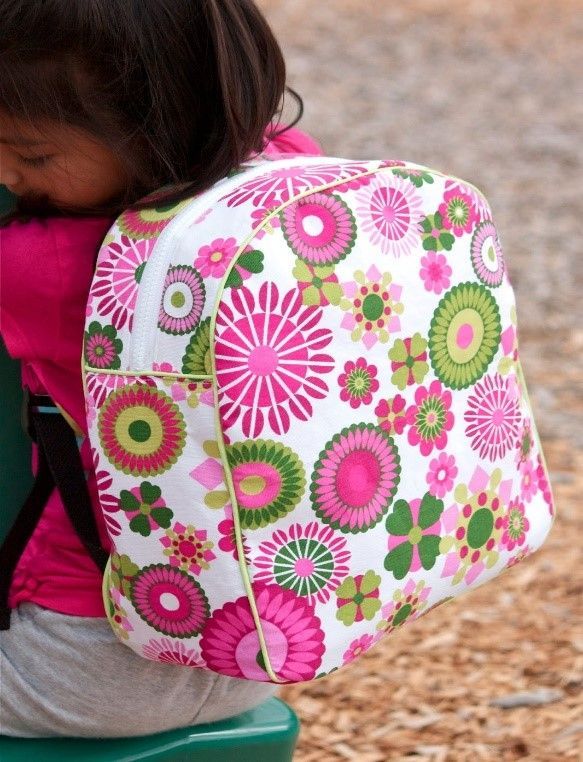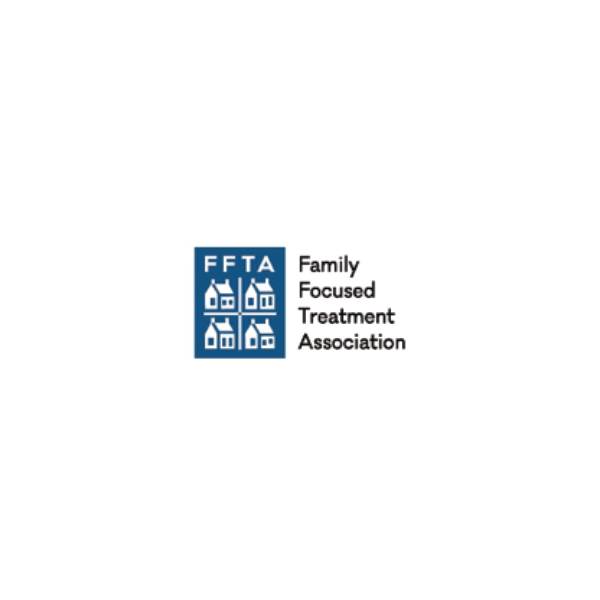New Foster Parents-Parenting Tips- December 2022

If you are a new foster parent, you may be feeling both excited and nervous. If you have not had a placement yet, you may be wondering what to expect. Or if you are currently experiencing your first placement, you are being introduced to some new routines and new experiences.
Each month, we will share tips from experienced foster parents all over the world with the hopes of helping new parents fostering experience be as successful as possible!
Below are the tips for December:
·“As you begin your fostering journey, you will realize that kids often come with very little. They often do not have many toys or changes of clothing with them. I found it helpful to stock up on clothing and toys for the age groups I was fostering. For me, that meant having bins of both boy’s and girl’s clothing, from newborn to juniors sizes. I acquired these bins gradually as I had placements. As I began fostering and realizing how much I may need, I began buying things at thrift stores, yard sales, and clearance items. I found the end of season clearance racks to be a good place to purchase items that may be needed in the future. I also began maintaining bins of age-appropriate toys for infants, toddlers, and older kids. However, remember, anything clothing you buy specifically for that child monthly, must go with the child when they leave your home.”
·“Another thing new foster parents need to know is that all communication with social workers is documented. Any communication that is in writing becomes a permanent part of the case record. It is important to be sure that what you write is acceptable to be read in court. Refrain from criticizing or complaining. Instead, offer facts and ask for direction from the social workers involved in the case. The way you communicate matters, especially when in written form. It can be difficult to remember this at times, especially when you are frustrated with something.”
·“Another good thing to think about as a new foster parent is educating yourself on things you run into with placements. While you have had some education in order to be approved, it is helpful to continue learning about different things. For instance, reading research on childhood trauma and the effect it has on brain development is helpful when parenting children who have experienced a lot of trauma. These kids often do not respond to “regular” parenting techniques.”
·The “honeymoon” period with a new placement is real. You may have heard people talking about this and thought it silly. You will experience the honeymoon stage with new placements. This is the time when both you and the child are not quite yourselves. You are adjusting to each other and may be testing boundaries a bit to see how each other reacts. As a foster parent, you may be extra lenient during this time of adjustment, and learning about the new child living in your home. Instead of giving a consequence when the child takes food into the bedroom (after you have told them that your household rule is no food in the bedrooms), you may simply smile and give them a gentle reminder. The honeymoon phase may mean that the new placement is following every direction they are given and trying their best not to make any waves. Or, it may mean that they are pushing buttons to see what happens. Typically, though, this phase refers to everyone being on their best behavior. After a length of time, it could be days, weeks, or months, when everyone becomes comfortable, their true personality will come out, so give the adjustment a little time!”
·“It is also important to know that secondary trauma can occur from being foster parents. The trauma that these children have experienced may cause you to experience trauma from them as well. There is also trauma in having a placement who you love return to their family. Fostering is a journey that is full of trauma. But it is also an experience that will change you as a person and help you grow. Knowing that trauma is part of the journey, be proactive. Do not be afraid to see a counselor or therapist. Because foster parents are bound by confidentiality, it is often hard to find a way to talk to someone about what you are experiencing, or what the child has experienced, and how it is affecting your household. Friends may not understand why you continue to provide a home for a child who may be destructive or disrespectful. They do not know the child’s abusive past, and you are unable to share it with them. Fostering can be very difficult when you need to talk but do not have anyone you can talk to outside of the home. Having a counselor, therapist, or support group is something that can be extremely helpful during the foster care journey. Self-care is extremely important when you are trying to care for others.”
·“When you become a foster parent, you are opening your home to scrutiny. It is important to document the time you have with children. Keep records of behavioral incidents, doctor visits, parent visitations, etc. By documenting these things, you may help find out what triggers behavior changes. Documentation can also help protect you from false allegations, should they occur. You can never document too much, but you can document too little. When doing your documenting, try to keep your personal opinion out of it, as these may become part of the record as well. Feel free to keep a journal of your feelings that is separate from anything you might share with the caseworker if you need that outlet.”




















